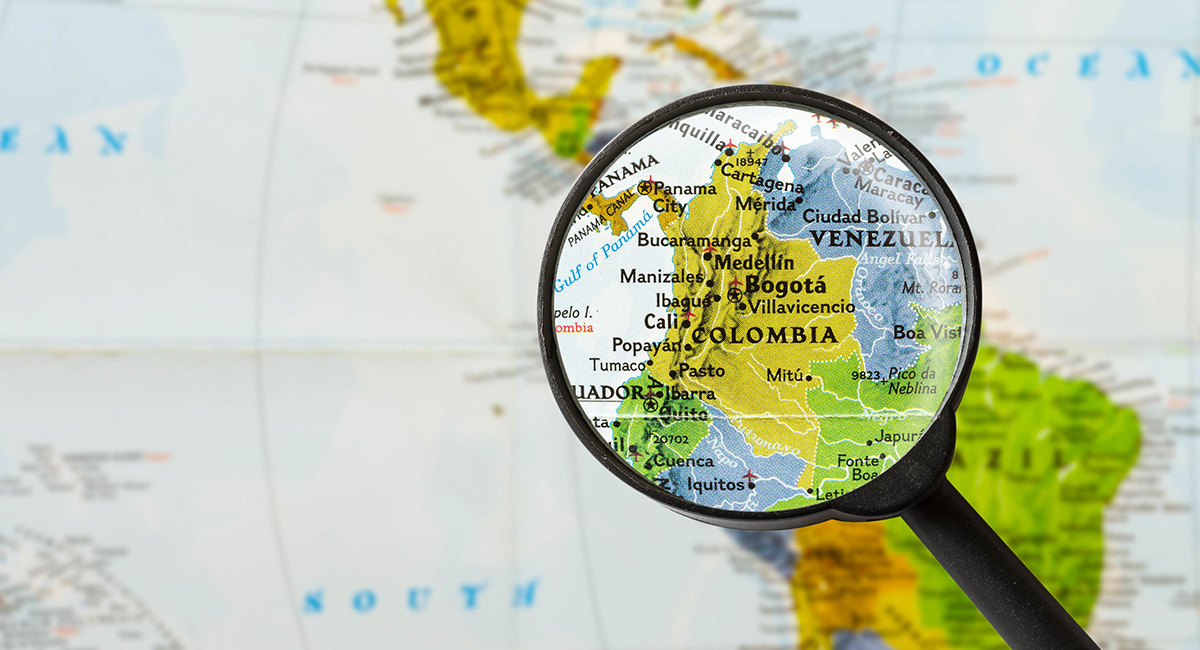Ecuadorian President Lenín Moreno, in one of his final official acts before leaving office, had some strong words recently for Venezuelan strongman Nicolás Maduro: Keep your hands off Colombia.
Speaking in Miami at an international forum on democracy in the Americas, Moreno should have included Peru as well, because the two countries have become the prime targets of the region’s socialist autocrats.
In my native Peru, the current front-runner for the presidency in the June 6 runoff election is Pedro Castillo, the candidate of Peru Libre, a Marxist-Leninist party. A school teacher and union activist, Castillo led a break-away faction of the teachers’ union that operates as a front for the notorious revolutionary organization Shining Path. The head of Peru Libre, Vladimir Cerrón, is a corrupt former governor and ally of Venezuela and Cuba, who promoted Castillo’s candidacy because he was ineligible to run himself due to his criminal conviction.
If Castillo wins next month, he and Cerrón are expected to follow the game plan that enabled former President Hugo Chávez to turn Venezuela into a dictatorship: replace the elected Congress with a so-called Constituent Assembly, rewrite the Constitution to concentrate virtually all political power in the presidency, undermine the independence of the judiciary and establish a socialist economy.
Peru, unfortunately, is ripe for a radical takeover.
The economic reforms that helped reduce poverty (to a still miserable 21 percent) have stalled, government corruption is rampant and the country’s response to the pandemic has been catastrophic, all of which has lead millions of disaffected Peruvians to put their faith in Castillo’s Trojan horse of authoritarian socialism.
The rival candidate in the runoff, Keiko Fujimori, is the daughter of the jailed former strongman, Alberto Fujimori, and has a less than stellar ethical reputation herself. Many of her critics and adversaries, including yours truly, are supporting her because of her strong commitment to preserve the rule of law and expand economic opportunity through a market economy. She’s all that stands in the way of Venezuela and Cuba’s capture of our country.
In Colombia, meanwhile, President Iván Duque is facing near insurrection, engineered by Diosdado Cabello, one of Venezuelan President Maduro’s top henchmen, who has publicly predicted war “on Colombian soil.”
Faced with serious economic problems, exacerbated by the pandemic, Duque proposed a number of tax reforms normally associated with the left, such as increasing taxes on the rich and raising taxes on polluting fuels. But he also extended Colombia’s value-added tax (VAT) to certain public services and lowered the income bar at which taxes kick in.
What began in late April as peaceful protests against the proposed middle-class tax hikes quickly turned into destruction and bloodshed, which shows no sign of letting up, even though Duque has withdrawn the problematic tax proposals.
The usual suspects are behind the mayhem: a dissident faction of FARC, the Revolutionary Armed Forces of Colombia—People’s Army terrorist organization, members of the National Liberation Army (ELN), another armed group, drug traffickers and Maduro proxies, who infiltrated Colombia with some 2 million other Venezuelans who have emigrated there in recent years.
The objective was to provoke a violent response from the security forces, something easy to achieve in a country with a history of violence. After a series of brutal police abuses—most notably in Cali, where there were several deaths—Duque was accused of becoming another Augusto Pinochet, Chile’s former military dictator, despite the fact that he had withdrawn the proposed middle-class tax increases days after the protests started and ordered civil authorities to investigate the allegations of police misconduct.
Venezuela, Cuba and their allies in Nicaragua, Argentina and Bolivia see the instability in Peru and the turmoil in Colombia as opportunities to extend the reach of radical socialism in the Western Hemisphere.
With poverty and corruption endemic, political reform rare and ineffective and the COVID-19 pandemic making matters worse, there is abundant popular discontent for the totalitarians to exploit. Let us hope they fail.













